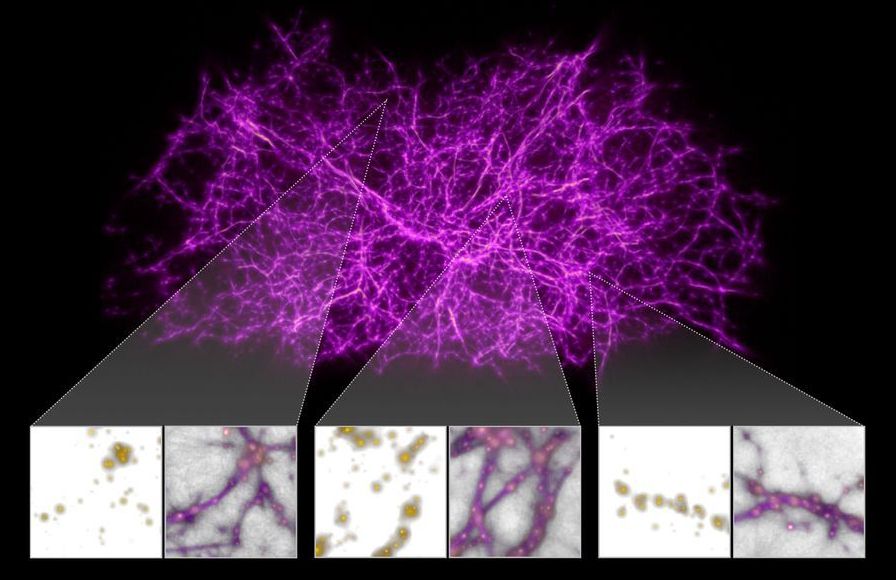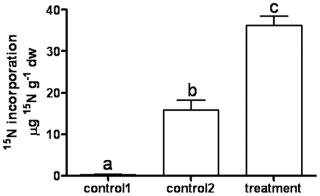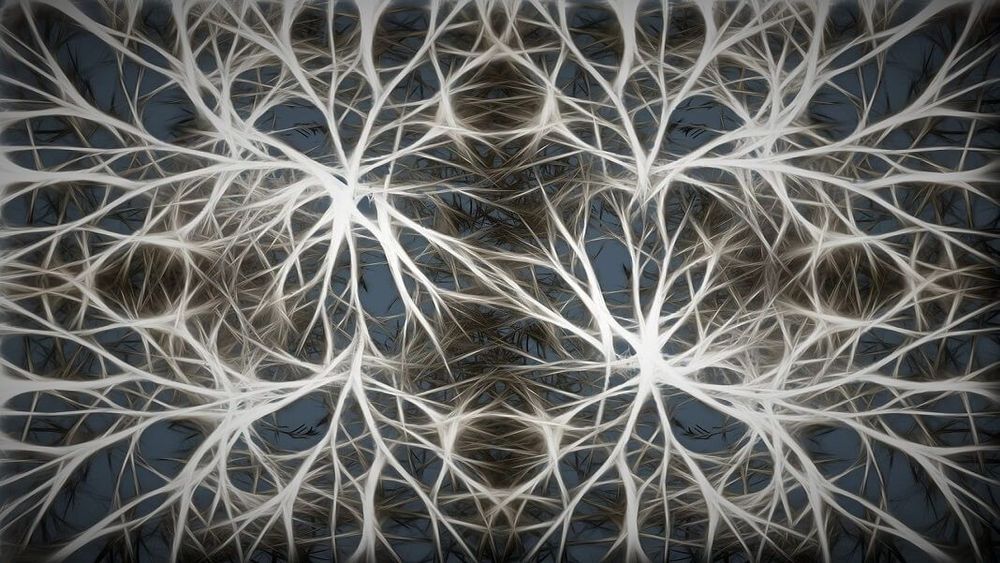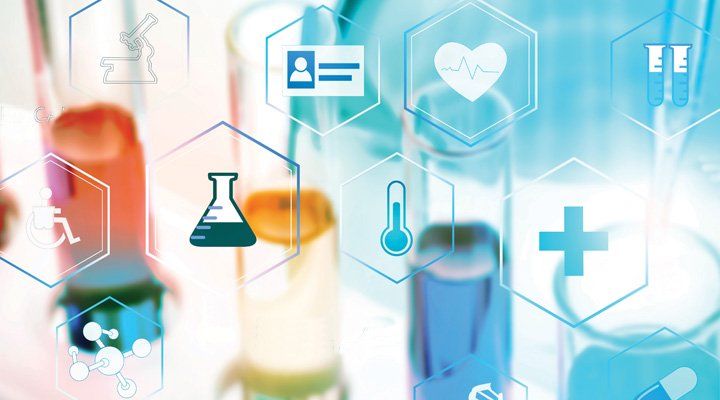Archive for the ‘biological’ category: Page 153
Mar 14, 2020
Don’t Let Robots Pull the Trigger
Posted by Mike Diverde in categories: biological, military, robotics/AI
Ban Killer Robots
“Robotic weapons that target and destroy without human supervision are poised to start a revolution in warfare comparable to the invention of gunpowder or the atomic bomb. The prospect poses a dire threat to civilians—and could lead to some of the bleakest scenarios in which artificial intelligence runs amok. A prohibition on killer robots, akin to bans on chemical and biological weapons, is badly needed. But some major military powers oppose it.”
Weapons that kill enemies on their own threaten civilians and soldiers alike.
Mar 13, 2020
Initialization of quantum simulators
Posted by Saúl Morales Rodriguéz in categories: biological, particle physics, quantum physics
Simulating computationally complex many-body problems on a quantum simulator has great potential to deliver insights into physical, chemical and biological systems. Physicists had previously implemented Hamiltonian dynamics but the problem of initiating quantum simulators to a suitable quantum state remains unsolved. In a new report on Science Advances, Meghana Raghunandan and a research team at the institute for theoretical physics, QUEST institute and the Institute for quantum optics in Germany demonstrated a new approach. While the initialization protocol developed in the work was largely independent of the physical realization of the simulation device, the team provided an example of implementing a trapped ion quantum simulator.
Quantum simulation is an emergent technology aimed at solving important open problems relative to high-temperature superconductivity, interacting quantum field theories or many-body localization. A series of experiments have already demonstrated the successful implementation of Hamiltonian dynamics within a quantum simulator—however, the approach can become challenging across quantum phase transitions. In the new strategy, Raghunandan et al. overcame this problem by building on recent advances in the use of dissipative quantum systems to engineer interesting many-body states.
Almost all many-body Hamiltonians of interest remain outside a previously investigated class and therefore require generalization of the dissipative state preparation procedure. The research team therefore presented a previously unexplored paradigm for the dissipative initialization of a quantum simulator by coupling the many-body system performing the quantum simulation to a dissipatively driven auxiliary particle. They chose the energy splitting within the auxiliary particle to become resonant with the many-body excitation gap of the system of interest; described as the difference of the ground-state energy and the energy of the first excited state. During such conditions of resonance, the energy of the quantum simulator could be transferred efficiently to the auxiliary particle for the former to be cooled sympathetically, i.e., particles of one type, cooled particles of another type.
Mar 13, 2020
Slime Mold Simulations Map Dark Matter Holding Universe Together
Posted by Genevieve Klien in categories: biological, cosmology, evolution
The behavior of one of nature’s humblest creatures is helping astronomers probe the largest structures in the universe.
The single-cell organism, known as slime mold (Physarum polycephalum), builds complex filamentary networks in search of food, finding near-optimal pathways to connect different locations. In shaping the universe, gravity builds a vast cobweb structure of filaments tying galaxies and clusters of galaxies together along faint bridges hundreds of millions of light-years long. There is an uncanny resemblance between the two networks: one crafted by biological evolution, and the other by the primordial force of gravity.
The cosmic web is the large-scale backbone of the cosmos, consisting primarily of the mysterious substance known as dark matter and laced with gas, upon which galaxies are built. Dark matter cannot be seen, but it makes up the bulk of the universe’s material. The existence of a web-like structure to the universe was first hinted at in the 1985 Redshift Survey conducted at the Harvard-Smithsonian Center for Astrophysics. Since those studies, the grand scale of this filamentary structure has grown in subsequent sky surveys. The filaments form the boundaries between large voids in the universe.
Mar 11, 2020
Fossilised microbes from 3.5 billion years ago are oldest yet found
Posted by Quinn Sena in category: biological
Preserved microorganisms have been found encased in 3.5-billion-year-old rocks, confirming that single-celled life was thriving early in Earth’s history.
Mar 11, 2020
Turning the Table: Plants Consume Microbes as a Source of Nutrients
Posted by Quinn Sena in category: biological
Editor: Juergen Kroymann, CNRS UMR 8079/Université Paris-Sud, France.
Received: June 7, 2010; Accepted: July 7, 2010; Published: July 30, 2010.
Copyright: © 2010 Paungfoo-Lonhienne et al. This is an open-access distributed under the terms of the Creative Commons Attribution License, which permits unrestricted use, distribution, and reproduction in any medium, provided the original author and source are credited.
Mar 11, 2020
Chemists create new artificial enzyme
Posted by Genevieve Klien in categories: biological, food
Enzymes are nature’s powerhouses. Found in the cells of all animals, plants, and every other living organism, they accelerate the chemical reactions that trigger thousands of biological functions—from forming neurons to digesting food.
Mar 10, 2020
Scientists Linked Artificial and Biological Neurons in a Network—and Amazingly, It Worked
Posted by Paul Battista in categories: biological, internet, neuroscience, robotics/AI
This month, an international team put all of those ingredients together, turning theory into reality.
The three labs, scattered across Padova, Italy, Zurich, Switzerland, and Southampton, England, collaborated to create a fully self-controlled, hybrid artificial-biological neural network that communicated using biological principles, but over the internet.
The three-neuron network, linked through artificial synapses that emulate the real thing, was able to reproduce a classic neuroscience experiment that’s considered the basis of learning and memory in the brain. In other words, artificial neuron and synapse “chips” have progressed to the point where they can actually use a biological neuron intermediary to form a circuit that, at least partially, behaves like the real thing.
An unprecedented human study aims to induce statistically significant and meaningful biological age reversal using multi-model interventions that include metformin, dasatinib, rapamycin, and NAD+ restoration therapy.
By William Faloon.
Mar 4, 2020
Podcast #42: Going to Mars, featuring Moriba Jah
Posted by Mark Sackler in categories: biological, economics, Elon Musk, engineering, space travel
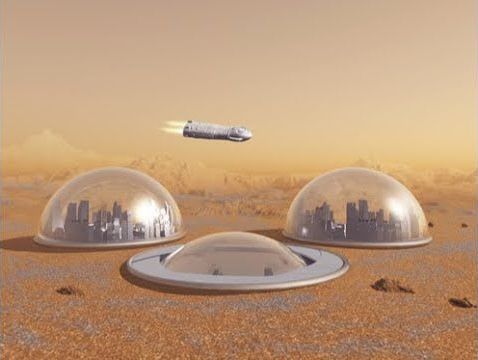
Elon Musk and the late Stephen Hawking are not alone in their calls for humanity to become a multi-planetary species. But they certainly are the most visible advocates for space colonization. And while the moon might be the most obvious jumping off point to the solar system and beyond, nothing stands out as a potential site for long term settlement more than Mars.
But just how realistic is sending astronauts to the Red Planet anytime soon–let alone colonizing it permanently? The obstacles are many, and aerospace engineering may well be the least of them. The human biological, psychological tolss and survival strategies–radiation, low gravity, isolation and the marshalling air, water, and food resources–all stand in the way. And then there is the economic cost and the political and public will. In this edition of Seeking Delphi,™ I talk to former NASA Mars mission navigator, Moriba Jah, about the many challenges of leaving of our home planet.



